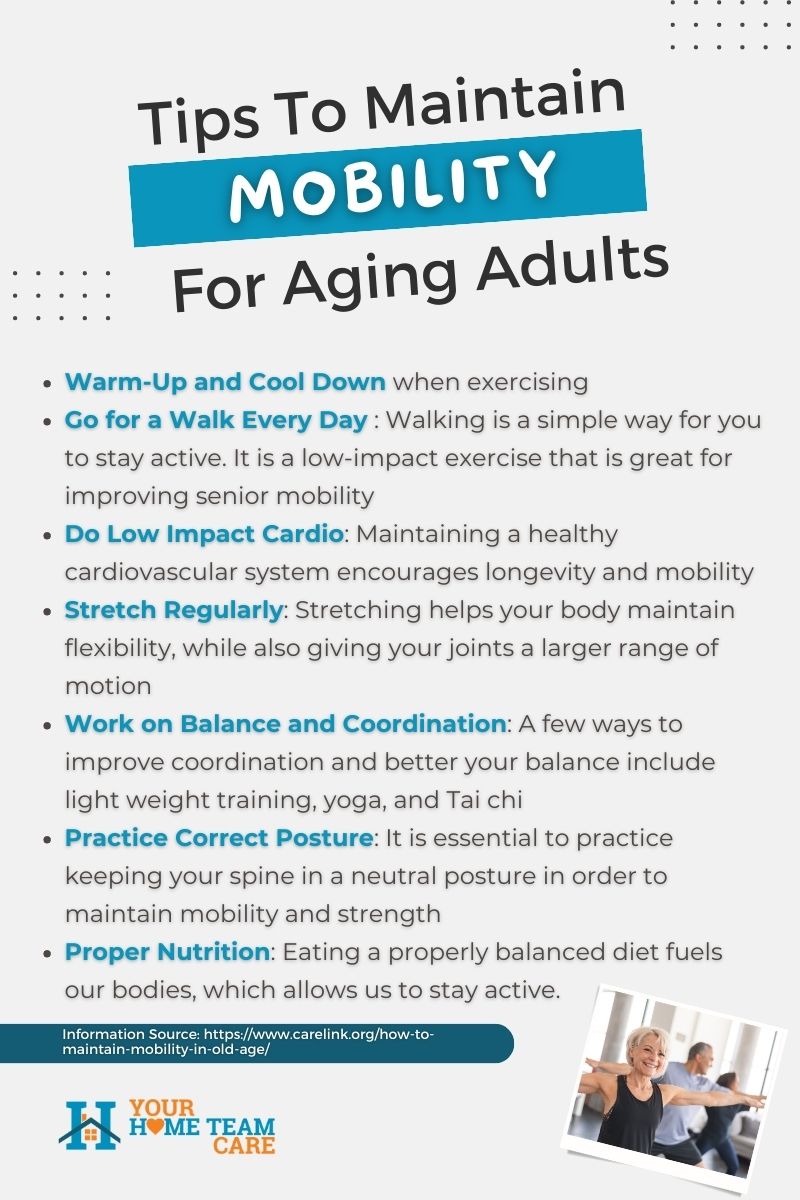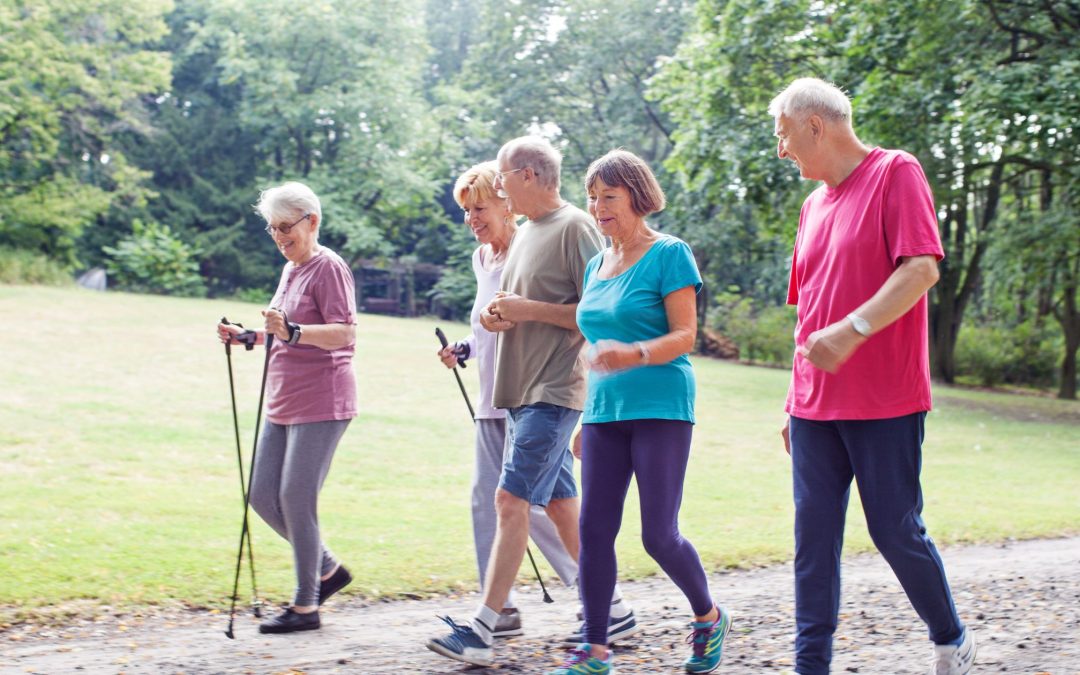In this post we will be discussing a few safety tips for seniors to prevent injury. As people get older they become more prone to injury, accidents and diseases. It’s important to note that most seniors are still capable of doing the same things, they did in their youth. The exception is that the intensity, duration and extent need to be toned down a bit for their safety and convenience.
Basic Safety Tips For Seniors
It’s important to keep in mind that seniors should only partake in activities that they can tolerate. Some activities may already be too severe or strenuous for them to handle, and can lead to disease development, injury and even complications of already existing conditions. There are plenty of alternatives, however, to provide when older individuals still want to stay active with outdoor activities like golf, swimming, jogging, tennis, shopping, etc. You can make use of safety tools and equipment like wheelchairs, walkers and joint protectors. You can also let them indulge in activities that are a less intense version of the activity they want to partake in. Another tip can be to let them play and interact with other people in the same age range to reduce overall intensity of the sport or activity.
Check for signs of fatigue, stress and potential dangers. Make sure that the environment where your elder will be is completely free of debris and other items that might lead to accidents, falls and wounds. Seniors are particularly prone to fractures because as we grow older our bodies heal a lot slower. This is why they need to avoid injury and stress as much as possible.

Mental Health And Seniors
Mental health is just as important as physical health when it comes to the overall well being of your aging adults. Providing your senior loved one with the opportunity to be routinely involved in sports activities, group activities or other community programs will help boost their self esteem, as well as their mental and social welfare. Seniors tend to battle feelings of loneliness, anxiety and depression as they age. Having people around that they can talk to and socialize with can help relieve them of those negative feelings and help them to have a better outlook on life.
A good example of this is: Seniors who are veterans or experienced war, will most likely relate better to other veterans. They can share their stories and provide each other with comfort.
It’s vital that you allow family and friends to visit and communicate regularly, even if your elderly loved one is confined in the hospital or a home. This will help them so that they always have the feeling of being remembered and cared for.
Mobility Aids For Seniors
There are several different types of equipment available to ensure safety for the elderly. Some of the most popular are canes, walkers, rollators, wheelchairs, bedside step stools, mobility scooters and bandages for the joints. You should also assess the environment and provide the necessary tools to keep seniors comfortable for various activities. Hats, sweaters, water bottles, adult diapers, etc. may be needed depending on the individuals capacity. Always have a first aid kit ready, and keep a number of emergency services in your phone or wallet, just in case.
Assessing Your Elder’s Ability To Perform Physical Activities
For starters, it is always advised to give seniors activities that are right for their age and physical tolerance. Over time, they can increase the duration and intensity to continue building strength and endurance. Having a personal trainer, or another other health professional assess their performance can also be helpful when trying to help your senior loved develop a proper exercise program. Be sure to also make a list of ideas that will keep the activities entertaining, productive and most of all, safe. Always be sure to consult your elder’s physician prior to starting any exercise regimen or activity.

